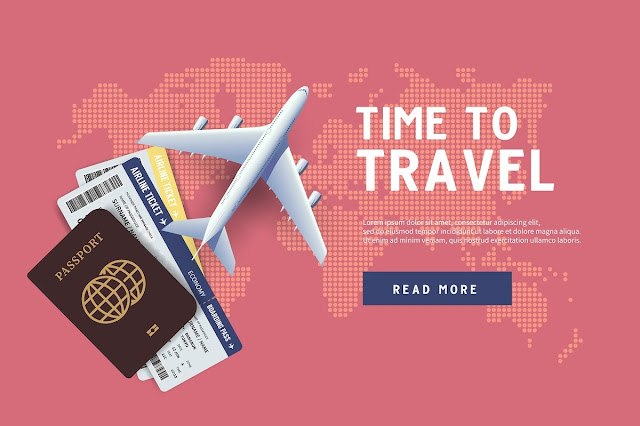Cosmetic product is a substance or preparation that is used to contact parts of
the outside of the human body (skin, hair system, nails, toenails, lips and
outside of the genitalia) or teeth and oral mucosa with one or more of the
following main purposes: cleaning, aromatic, changing the appearance,
appearance, adjusting body odor, keeping the body in good condition. Investors
in the field of cosmetics manufacturing and trading are not restricted under
Vietnam’s commitments when joining the WTO. Therefore, investors are allowed to
establish economic organizations with 100% foreign investment.

However, the field of
cosmetics manufacturing and trading is a conditional business for foreign
investors. After being granted an investment registration certificate and
enterprise registration certificate, before conducting business activities,
investors must meet the conditions to be allowed to operate. To produce
cosmetics, investors need to apply for a certificate of eligibility for
cosmetics production. In order to sell the cosmetics manufactured by the
enterprise itself, investors need to meet the conditions for cosmetic product
announcement, apply for a cosmetic product proclamation certificate before
launching the product to the market. In addition, for trading cosmetic
products, investors need to apply for a business license for retail goods.
In order to have a
certificate of eligibility for cosmetics production, a cosmetics manufacturing
establishment must meet the conditions on personnel, facilities and quality
management system.
Regarding personnel, the
person in charge of production must have specialized knowledge in one of the
following specialties: Chemistry, biology, pharmacy or other relevant subjects
to meet the requirements of the job.
Regarding the conditions
of facilities, there should be locations, areas, workshops and equipment to
meet the requirements of production lines and types of cosmetic products that
such establishments are expected to produce as stated in the dossier of
application for a certificate of eligibility for cosmetics production; storage
of raw materials, packaging materials and finished products must ensure a
separation between raw materials, packaging materials and finished products;
have separate areas for storage of flammable and explosive substances, highly
toxic substances, discarded, recovered and returned materials and products.
At the same time, the
quality management system meets the following requirements: raw materials,
auxiliary materials and semi-finished products used in cosmetic production must
meet the manufacturer’s quality standards; water used in the production of
cosmetics must at least meet national technical standards on drinking water
promulgated by the Minister of Health; having production processes for each
product; having a quality control department to check the quality of raw
materials, semi-finished products, packaged products and finished products.
A dossier of application
for a certificate of eligibility for cosmetics production comprises the
following documents: an application for a certificate of eligibility for
cosmetics production; floor plans and designs of production facilities; list of
existing equipment of the manufacturer.
For cosmetic products
proclamation, the dossier must include the cosmetic product proclamation report
with the proclamation data (soft version of proclamation report). Complete
cosmetic products at each different manufacturing company are individually
announced.
In addition, investors
conducting retail distribution of cosmetics need to apply for a business
license. Foreign investors shall be granted a business license when having a
financial plan in order to undertake the activities for which a business
license is requested; and not having overdue tax debts if it has been
established in Vietnam for one year or more. In addition, if the foreign
investors belong to a country or territory which is a member of an
international treaty of which Vietnam is also a member and which commits to
open the market for goods trading and directly related activities, they need to
satisfy the conditions on market access in the international treaty of which
Vietnam is a member. If the foreign investor does not belong to a country or
territory which is a member of an international treaty of which Vietnam is also
a member, they must satisfy the following criteria: consistency with the
provisions of specialized branch law; compatibility with the competitive level
of domestic enterprises in the same operational sector; ability to create jobs
for domestic workers; ability to contribute and level of contribution to the
State budget. An application file comprises: request for issuance of a business
license; explanatory document; data from the tax office proving that there are
no overdue tax debts; copies of the enterprise registration certificate and of
the investment registration certificate (if any) for the project of goods
trading and directly related activities.
For the efficiency, it is recommended to seek advice from lawyers
in Vietnam in the specialized fields for legal consultancy.


























.jpg)





